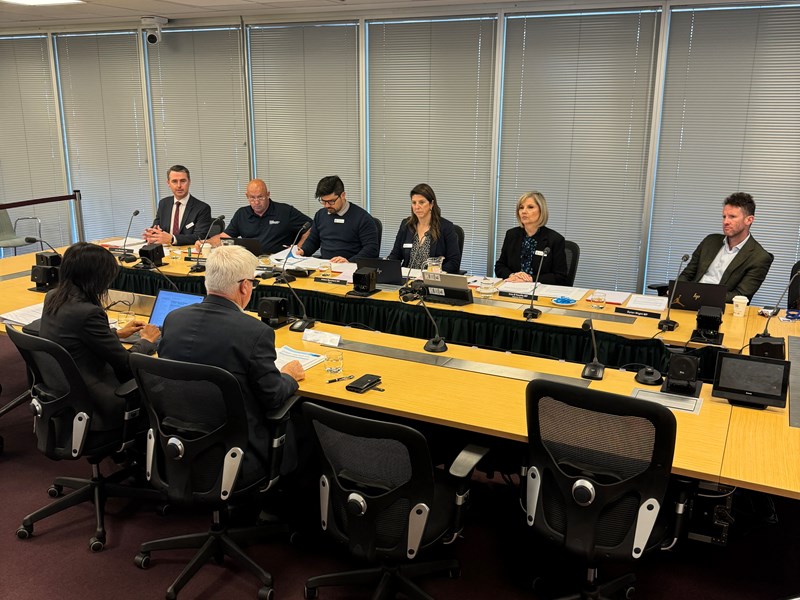- Home /
- News /
- Infrastructure /
Keeping an eye on emerging technologies
12 November 2024 Read full hearing transcripts
The actions of employers and the rights of employees have come into sharp focus during an investigation into workplace surveillance in Victoria.
Businesses are embracing new technologies to increase productivity, but a wide-ranging inquiry has heard some are also using them to keep a closer eye on their workers.
The Legislative Assembly Economy and Infrastructure Committee listened to dozens of witnesses including unions, businesses, academia and government after initially receiving 44 public submissions.
One measure used to watch workers is keystroke monitoring, which tracks and records every keystroke entry made on a computer, often without the express permission or knowledge of the user.
‘A key takeaway has been that we’ve heard that workplace surveillance has a place but when used inappropriately can cause some issues and problems,’ Committee Chair Alison Marchant said.
The rise of artificial intelligence (AI) and the handling of massive amounts of data collected through workplace surveillance also dominated discussions at four days of public hearings.
‘One of the real challenges in this area is that there is very little transparency about what is being gathered and how it is being used,’ National Tertiary Education Union’s representative Associate Professor Alysia Blackham said.
Ms Blackham said AI systems are being trained on huge amounts of data, potentially workers’ data, without their consent or knowledge.
‘One of the real concerns we have put forward in our submission is that there is no restriction on employers on-selling workers’ data for a profit and commoditising it in that way, which is a major gap in the regulatory framework,’ she said.
ARC Centre of Excellence for Automated Decision-Making and Society’s Dr Jake Goldenfein said regulating AI won’t necessarily result in a set of prescriptions for use, it will instead put forward standards which resemble product safety law.
‘What we need is principled sectoral regulation that says, for instance, if you are going to use a new digital system for workplace management, whether it is making managerial decisions, human resources decisions, task allocation, for instance, it should not cause harm to workers.
‘To me this is the most basic principle. If you are going to introduce a surveillance system, it should not cause harm to workers, because what we are getting are reports of all kinds of harm.’
According to evidence presented to the Committee, these harms can include work intensification, loss of privacy, low morale, anxiety and stress.

The Department of Government Services is currently looking at the use of AI in the public service and the privacy provisions it has in place for inputting material into generative AI tools.
‘The Committee will review all the evidence that we’ve received from submissions and hearings and come up with a final report to be tabled in 2025,’ Ms Marchant said.
‘That will have recommendations for the government to consider.’
To read full transcripts of the public hearings go to the Committee’s website.